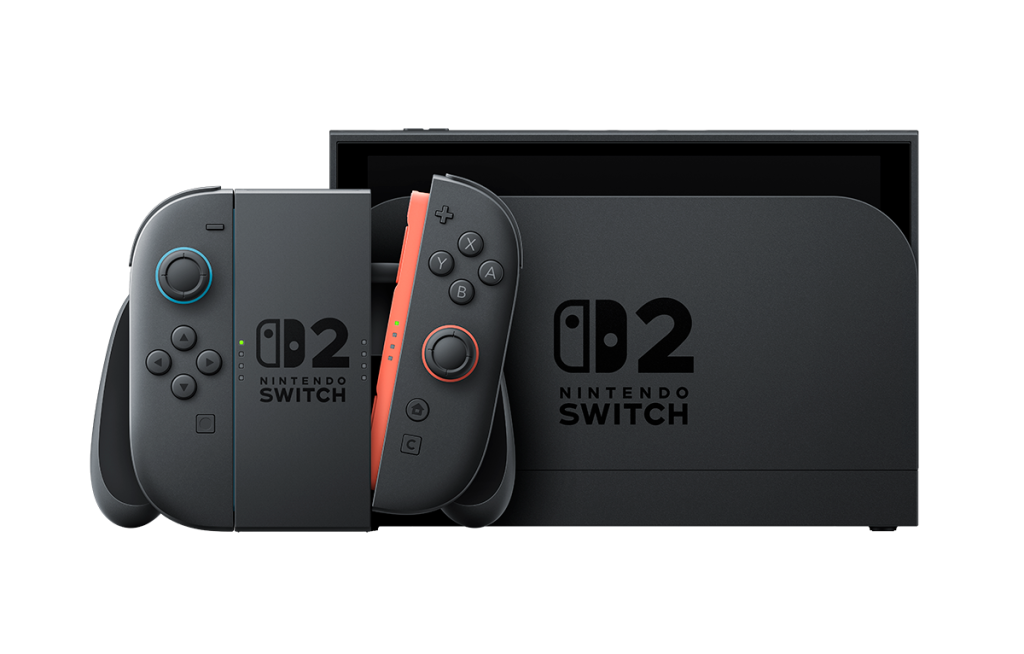The landscape of consumer spending in the United States is undergoing a significant transformation, particularly in the realm of video games and entertainment. A recent report published by The Game Business highlights concerns raised by Mat Piscatella, an executive director at Circana, who pointed out that U.S. consumers are adjusting their spending habits due to increasing costs of essential goods and services. This shift poses potential challenges to the video game industry, which is grappling with tariffs and inflation alike.
Current Economic Context
Mat Piscatella’s insights are derived from data collected by Circana, a firm known for analyzing consumer behavior across various sectors. His report indicates that many American families are prioritizing essential expenses such as food, shelter, and utilities over discretionary spending, impacting industries, including video games. A staggering 69% of consumers believe that the implementation of tariffs will escalate prices across the board. In fact, Circana reports that due to these rising prices, 30% of consumers have stated they plan to reduce their spending on video games and entertainment subscriptions in favor of essentials. The inflationary pressures are tangible: the average cost of food has risen by 2.3% compared to 2024, utilities have surged by 15.7%, car insurance has increased by 5.4%, and shelter costs have escalated by 4%.
Impact of Tariffs on the Video Game Industry
The economic climate has created a ripple effect across the gaming industry, primarily due to tariffs first proposed during the Trump administration. This has instigated concerns from major industry players. Nintendo, for example, paused pre-orders for the highly anticipated Nintendo Switch 2 as it assessed the potential economic implications of these tariffs. The Entertainment Software Association (ESA) has also voiced concerns, stating that tariffs might bring about a “detrimental impact on the video game industry,” affecting an industry valued at approximately $59 billion in the U.S. alone. Such assertions emphasize the need for policymakers to consider the substantial role that video games play in the economy.
Despite the uncertainties, the recent announcement for pre-orders of the Switch 2 initially brought some relief as the console’s price remained stable. However, the costs of associated accessories have risen, reflecting the broader trend of inflation affecting gaming hardware. Furthermore, experts remain cautious, as the possibility of future price increases for the console persists, linked directly to the ongoing tariff situation.
Broader Industry Implications
This situation is not isolated to Nintendo; other major consoles, including the PlayStation 5, may face similar pressures. The potential for price hikes could significantly alter the landscape for both developers and consumers, particularly as essential costs continue to rise. The upcoming release of titles like Grand Theft Auto VI is anticipated to provide a much-needed boost for the industry, but there remains uncertainty regarding the longevity of this positive impact given the prevailing economic conditions.
As consumers tighten their belts in response to the changing economic landscape, industry analysts are closely monitoring trends in spending habits. According to a report from Statista, the global video game market is projected to surpass $200 billion by 2023, yet the U.S. sector may struggle to maintain its growth momentum if consumer spending continues to decline. The interactions between tariffs, inflation, and consumer behavior could define the future trajectory of the gaming industry, necessitating adaptability from both developers and publishers alike.
Future Outlook
Considering the broader implications of tariffs and inflation on consumer spending, game developers and publishers must strategize accordingly. For instance, launching promotions, adjusting product pricing strategies, and even enhancing digital offerings may help cushion the impact of these economic changes. The community response to ongoing developments will also be crucial; retailers and companies that respond to consumer concerns and preferences may find more favorable positioning in a challenging market.
In conclusion, the current economic climate demands attention from industry stakeholders as they navigate the complexities of consumer behavior amidst increasing costs. The interplay of tariffs, inflation, and essential spending will likely shape the future of the gaming sector for years to come. As the industry awaits the release of major titles like Grand Theft Auto VI, the sustainability of any resulting market boost will largely depend on external economic factors.

